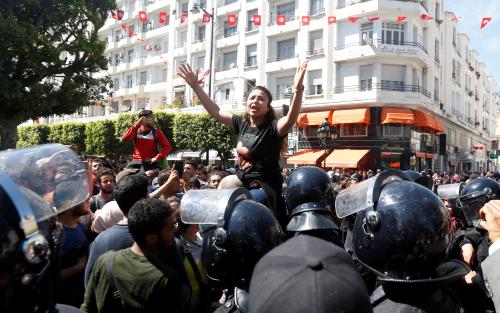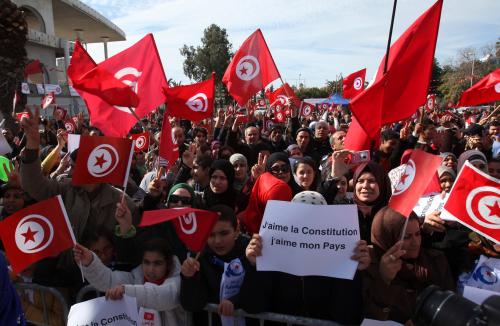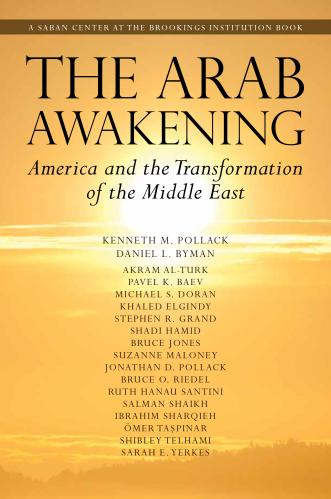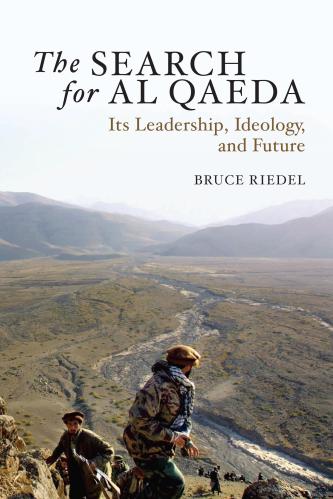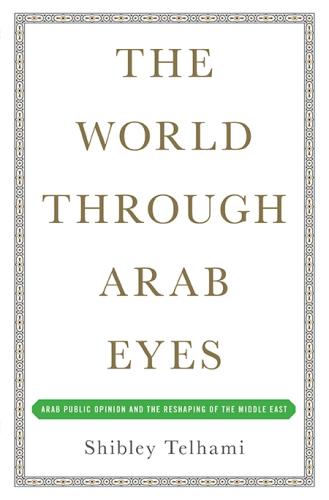 In her paper “Where Have All the Revolutionaries gone?,” Sarah Yerkes asks why young, non-Islamist Tunisians have abstained from participating in formal politics since the Tunisian revolution, and assesses the effect of this trend on the health of Tunisia’s democracy.
In her paper “Where Have All the Revolutionaries gone?,” Sarah Yerkes asks why young, non-Islamist Tunisians have abstained from participating in formal politics since the Tunisian revolution, and assesses the effect of this trend on the health of Tunisia’s democracy.
Yerkes begins by analyzing the low level of non-Islamist youth participation in formal politics. She describes what formal political participation looks like and explains why youth participation matters in the context of post-revolution Tunisia. Yerkes then examines the discrepancies between the expected rate of participation and the actual rate of participation, providing several possible explanations for the low level of youth participation in formal politics.
Next, Yerkes considers why non-Islamist Tunisian youth have chosen to partake in civil society in lieu of formal politics and describes the potential impact this has on Tunisian democracy and political stability. The paper argues that the absence of non-Islamist youth from the formal political scene impedes Tunisia’s ability to consolidate its democratic progress. Yerkes also notes that the phenomenon of citizen disengagement from formal politics is increasing globally, offering that the lessons learned from the Tunisian case can be applied to other democratic countries.
The paper concludes with policy recommendations for both the Tunisian government and the international community to help make formal politics more attractive to young Tunisians. Civil society’s lack of desire or ability to build alliances with the government, Yerkes argues, prevents civil society from fulfilling its democratic roles. The Tunisian government must work to build mechanisms of trust and cooperation between government and civil society, and should more earnestly address youth grievances.



